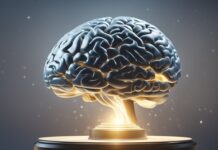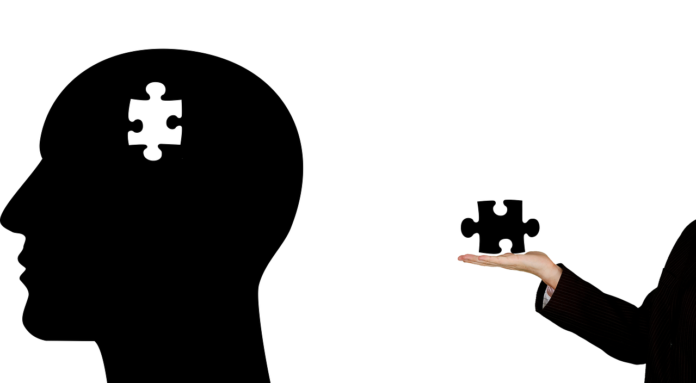
Determining who is the smartest person alive is rather complex and in many cases subjective task. Most people know someone who is very intelligent, yet intelligence of that person probably could not fit into the same sentence with the top 100 most intelligent people alive.
Additionally, most people didn’t even measure their IQ in whole lifetime.
And while intelligence comes in various forms, measuring it is not always straightforward.
However, one commonly used metric to gauge intelligence is IQ (Intelligence Quotient).
In this article, we will provide insights into the history and significance of IQ measurements and unveil one person who is currently alive and is often considered as one of the smartest individuals on the planet.
Related:
The History and Development of IQ Testing
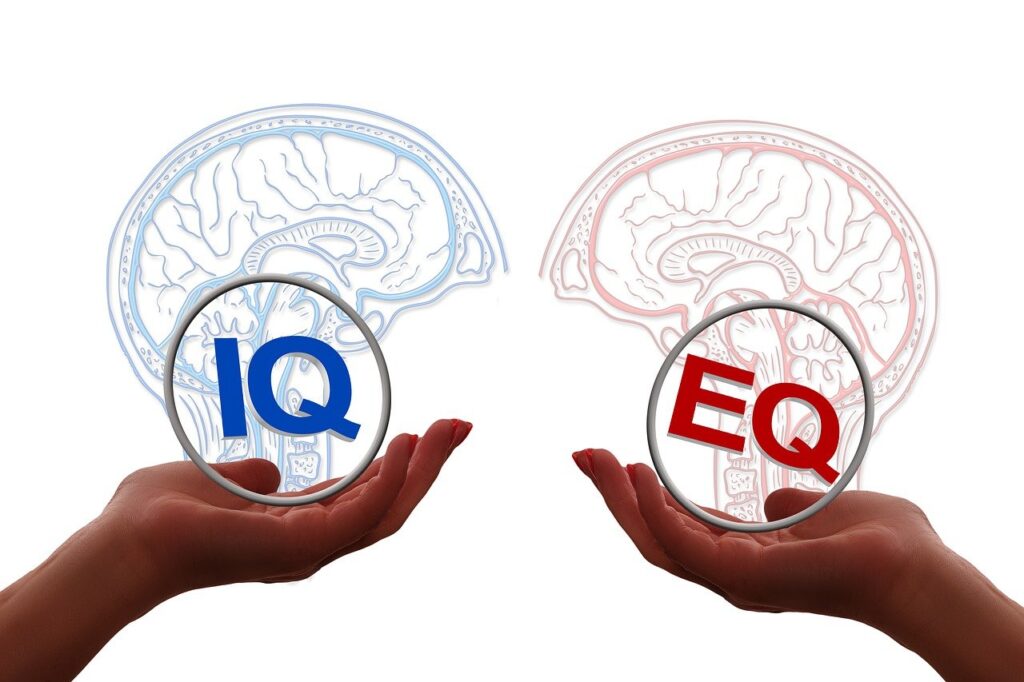
The concept of measuring human intelligence dates back centuries, with scholars like Sir Francis Galton and Alfred Binet playing important roles in its early development.
Galton, a cousin of Charles Darwin, was one of the first to attempt quantifying intelligence in the late 19th century. He laid the foundation for the use of standardized tests.
Alfred Binet’s Contribution
Alfred Binet’s (French psychologist) work in the early 20th century was instrumental in the evolution of IQ testing. In 1905, Binet introduced the first IQ test to identify students in need of special assistance in the French school system.
His test measured various cognitive abilities, such as memory, problem-solving, and reasoning.
It was adapted and refined over the years, leading to the creation of the Stanford-Binet and Wechsler scales, which remain prominent IQ tests to this day.
Standardization and Norming
One of the critical aspects of IQ tests is the process of standardization. These tests are administered to a large, diverse group to establish average scores, which are then used as the basis for measuring individual intelligence.
The average IQ score is set at 100, with scores higher or lower reflecting above or below-average intelligence, respectively.
Controversies and Limitations
IQ testing has not been without its controversies. Critics argue that IQ tests may not fully capture the complexity of human intelligence, as they tend to emphasize certain cognitive skills over others. Additionally, the cultural bias in some tests has been a point of contention.
Besides potential limitations of IQ tests and different standardizations, we also have additional challenges in trying to find out who is the smartest person alive.
And this is because there are different categories of intelligence and smartness.
For example:
- Emotional Intelligence (EQ)
Intelligence isn’t solely about cognitive abilities; emotional intelligence, or EQ, is another crucial facet. EQ measures an individual’s capacity to recognize, understand, manage, and navigate their own emotions, as well as the emotions of others. People with high EQ often excel in interpersonal relationships and communication.
- Creativity
Measuring creativity is a real challenge, as it involves the ability to think beyond established boundaries and develop novel ideas. Creative individuals may not necessarily excel on traditional IQ tests, but their contributions to art, science, and innovation are immeasurable.
- Specialized Intelligence
Various forms of specialized intelligence exist, ranging from musical and artistic to spatial and kinesthetic intelligence. These abilities are often more specific and domain-dependent. For instance, a gifted musician may not excel in a traditional IQ test but possesses extraordinary musical intelligence.
However, society always agrees on some kind of standard to measure who is the best in some discipline.
For example, measuring who is the fastest runner in 100 meters is standardized. People start running, and someone (computer) officially measures who is the best. That’s it.
The same goes with IQ test today, and we need to stick with one metric if we’d like to say that someone is the smartest person alive.
And so, by all latest measurements most would agree that Terence Tao is probably the smartest person alive today.
So, having revealed that, let’s delve into more details surrounding this fascinating person.
Starting with his mini-biography.
Terence Tao: The Smartest Person Alive
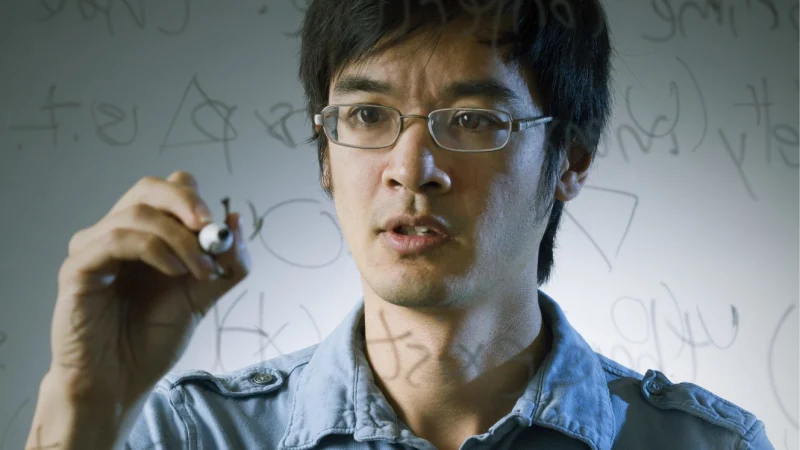
Terence Tao was born on July 17, 1975, in Adelaide, Australia. He is a mathematician and professor known for his extraordinary intelligence and exceptional contributions to the field of mathematics.
He displayed interests in mathematics very early and his interests was (fortunately) nurtured by his parents and mentors.
By the age of 13, he had already completed university-level courses.
Tao’s journey in mathematics continued to flourish as he pursued higher education.
He attended Flinders University and completed his undergraduate studies at a young age. His passion for mathematics was evident from the start, and it became apparent that he was on an extraordinary intellectual trajectory.
That leads us to his IQ!
Terence Tao’s IQ
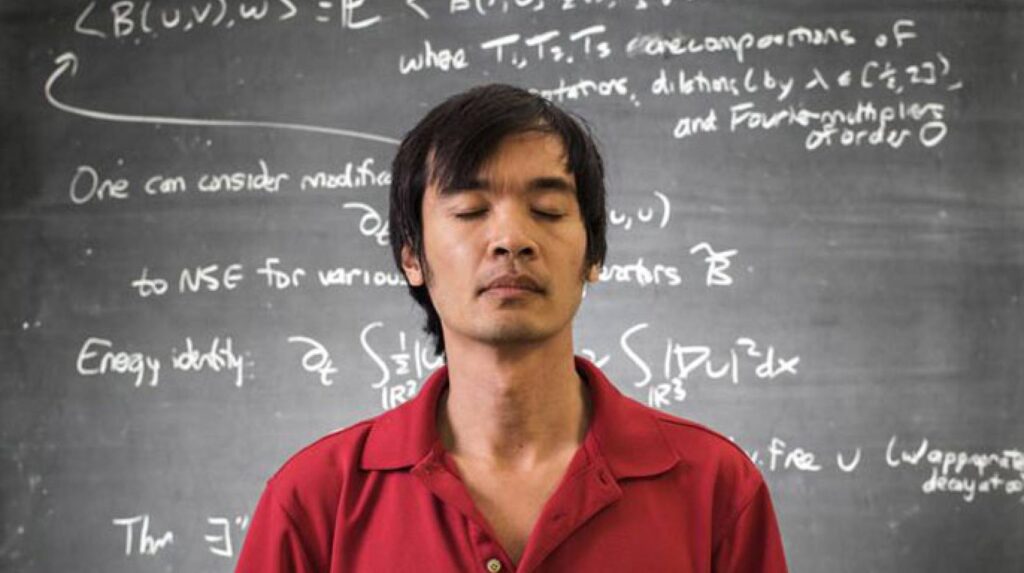
Obviously, Terence is rather smart person. But what about his IQ score?
It is claimed officially (by some sources) that Terence Tao’s IQ is 230. That’s not only remarkable – it is highest for any person alive today. And that would surely put him at the first place in any conversation with regards to IQ and smartness.
However, as always, there are some claims that his 230 IQ score isn’t official. Some people are saying that he had highest score on that particular test where maximum is 175. So apparently by that measures he was scored as 175+.
Now, does that mean that he doesn’t have 230 IQ?
We’ll it’s hard to say, but looking at his education and achievements, one could surely agree that he is, if not “the”, then surely he is one of most intelligent people alive today.
Having said that, let’s look at some of his remarkable achievements…
Achievements and Interesting Facts
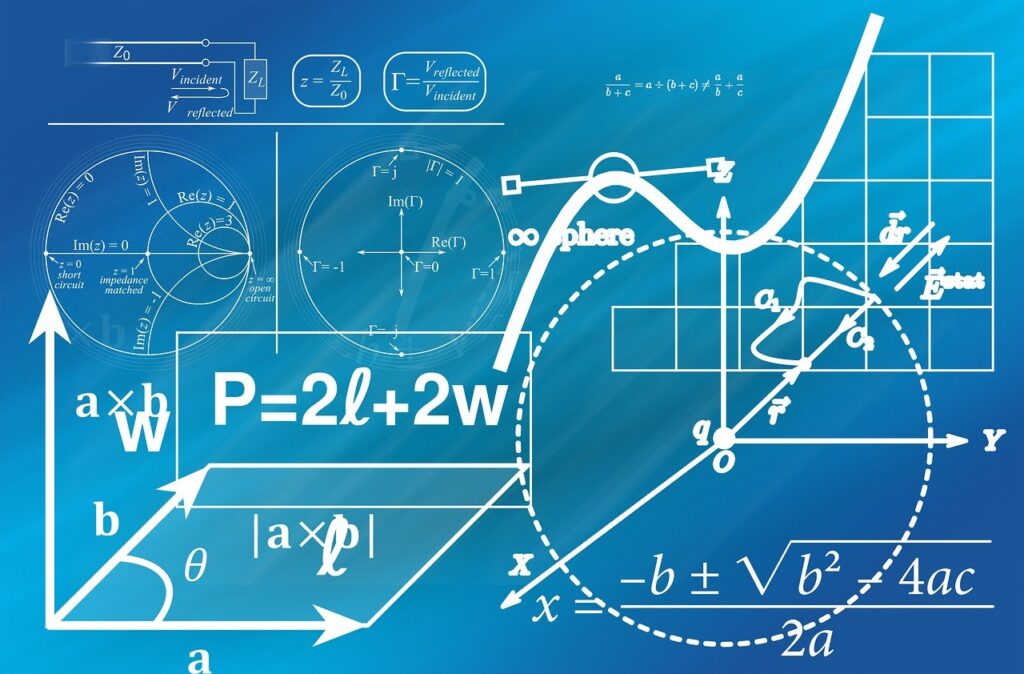
- Early Academic Prodigy: Terence Tao’s extraordinary mathematical abilities became evident at an exceptionally young age. By the time he was 2, he could already perform basic arithmetic, and at 9, he was taking university-level math courses.
- Doctoral Achievement: Tao completed his Ph.D. at Princeton University at the age of 21, a feat that made him one of the youngest individuals ever to earn a doctorate in mathematics. His doctoral thesis on number theory showcased his deep understanding of complex mathematical concepts.
- Fields Medal at 31: In 2006, Terence Tao received the Fields Medal, which is often likened to the Nobel Prize for mathematics. He was just 31 years old at the time.
- Wide-Ranging Contributions: Tao’s mathematical expertise is not limited to one area but spans several branches of mathematics. He has made significant contributions to number theory, harmonic analysis, and partial differential equations.
- Prolific Research: Over the years, Tao has authored numerous research papers, further solidifying his status as one of the most prolific and influential mathematicians of his generation.
- Educational Role: In addition to his research, Terence Tao is passionate about education and mentoring the next generation of mathematicians. He has played a vital role in training and inspiring young mathematicians through his teaching and mentorship.
- Math Blog: Tao runs a popular math blog where he discusses various mathematical topics, shares insights, and engages with the mathematical community and the general public.
Caution: It is not easy to read and understand his blog if you are not versed mathematician 😊. Something like this:
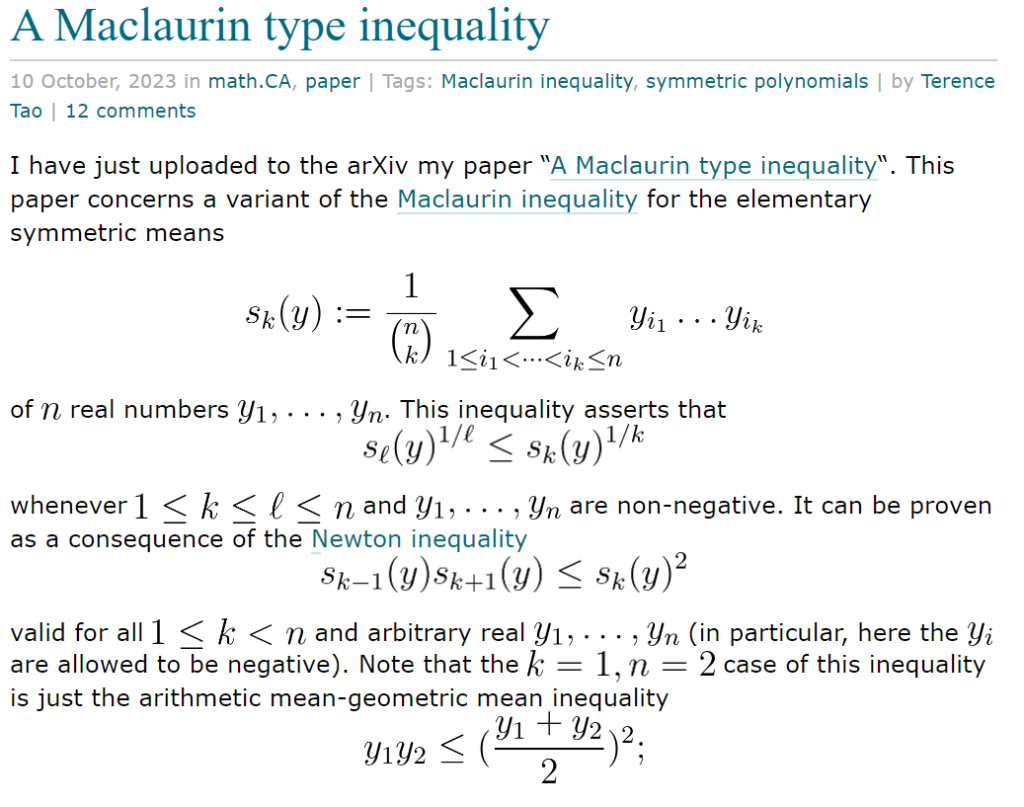
- Collaborative Spirit: Tao is known for his collaborative approach to research. He frequently works with other leading mathematicians on complex problems, encouraging an environment of shared learning and innovation in the mathematical community.
- Terence Tao’s Intelligence: Tao’s remarkable intellect is evident not only in his mathematical achievements but also in his ability to communicate complex mathematical concepts with clarity and simplicity.
- Accolades and Honors: In addition to the Fields Medal, Terence Tao has received numerous other prestigious awards and honors, including the Clay Millennium Prizes, the Royal Society of London’s Royal Medal, and the MacArthur Fellowship.
Ok, so with all those accomplishments let’s take a deeper look at specifics of some of his work in mathematics.
Terence Tao’s Mathematical Equations and Concepts
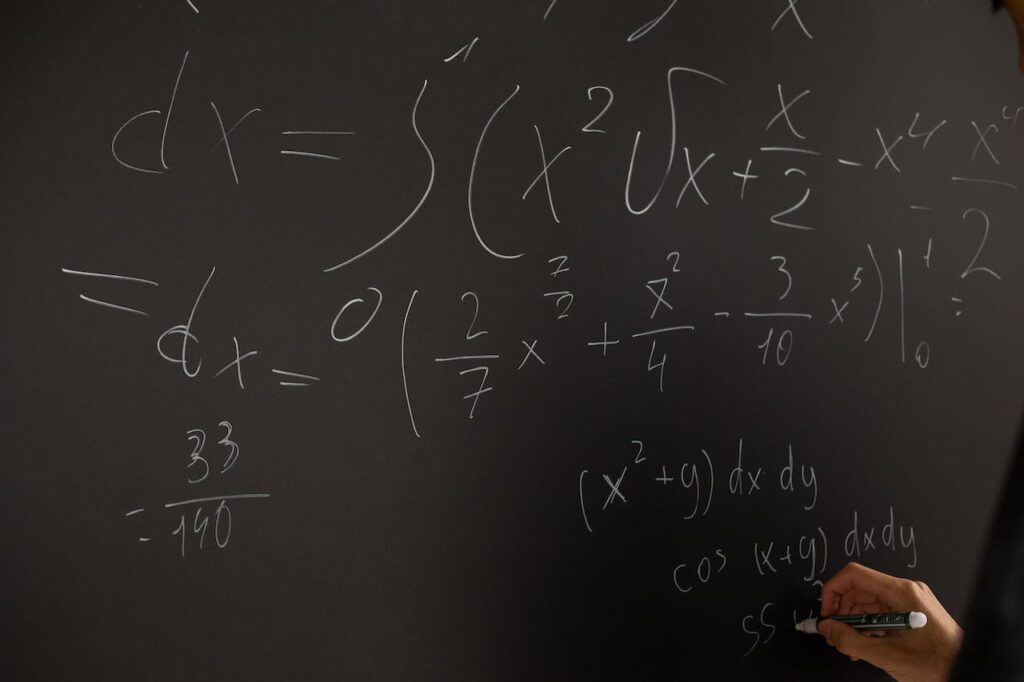
- Green-Tao Theorem:
The Green-Tao Theorem, co-discovered by Terence Tao and Ben Green, is a groundbreaking result in number theory. It addresses prime numbers in arithmetic progressions, showing that there are infinitely many arithmetic progressions of prime numbers. The theorem has far-reaching implications for our understanding of prime numbers and their distribution.
- Navier-Stokes Existence and Smoothness:
Terence Tao has made significant contributions to the field of partial differential equations (PDEs), particularly in the study of the Navier-Stokes equations. These equations describe the behavior of incompressible fluids. Tao has made notable progress in understanding the existence and smoothness of solutions to these equations, a long-standing problem in fluid dynamics.
- Poincaré Conjecture:
While not directly associated with Terence Tao, his work in the field of analysis and topology contributes to the broader mathematical understanding. In 2003, Grigori Perelman proved the Poincaré Conjecture, a topological problem in three-dimensional geometry. Tao’s expertise in related areas has enhanced our comprehension of such complex geometric concepts.
- Arithmetic Combinatorics:
Tao’s contributions to arithmetic combinatorics involve the study of additive and multiplicative structures in number theory. He has developed a range of techniques and tools to investigate problems related to prime numbers, such as the distribution of prime constellations.
- Harmonic Analysis:
Tao’s work in harmonic analysis explores the decomposition of functions into their frequency components. He has made significant strides in understanding the behavior of functions through Fourier analysis and other harmonic techniques.
- Incompressible Euler Equations:
Tao’s research also delves into fluid dynamics through the incompressible Euler equations. These equations describe the motion of ideal fluids. His work in this area has expanded our understanding of the fundamental equations governing fluid flow.
- Solvability of Systems of Linear Equations:
Tao’s expertise extends to solving systems of linear equations, a fundamental problem in mathematics. His contributions in this domain have practical applications in various fields, including engineering and computer science.
- Ergodic Theory:
Ergodic theory deals with the long-term behavior of dynamical systems. Tao has made notable contributions in this area, investigating the properties of these systems and their convergence behavior over time.
- Harmonic Analysis on Symmetric Spaces:
Tao has explored harmonic analysis on symmetric spaces, which are mathematical spaces with a high degree of symmetry. His work has applications in areas like representation theory and quantum mechanics.
Conclusion
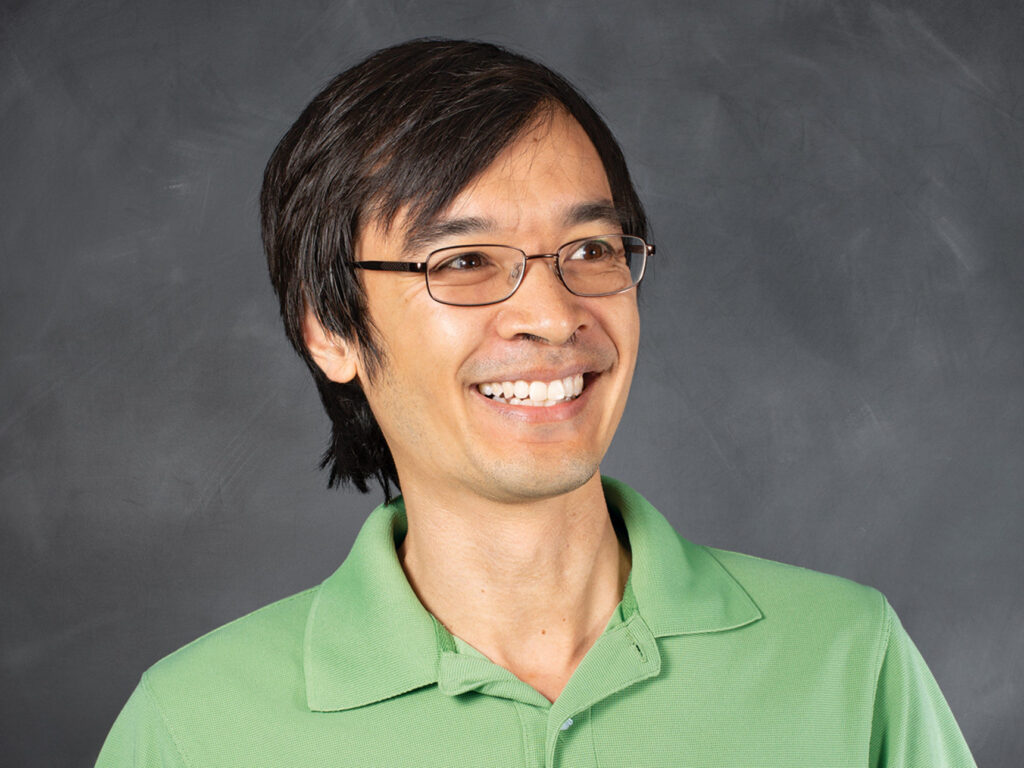
In conclusion and as mentioned, identifying the smartest person alive is a complex and subjective task.
Terence Tao, with his huge mathematical power and groundbreaking contributions, stands as one of the brightest minds of our time.
So, is he really the smartest?
We can’t know definitely. Currently (11/7/2023), there are 8,071,436,942 people alive on Earth.
Perhaps some of these 8+ billion individuals have higher IQ than Terence.
But we don’t know that.
What we do know is that Terence is highly intelligent and perhaps smartest person alive today.
Let’s leave it at that. Cheers Terence!
Note: If you’re interested in similar articles, you might like:











